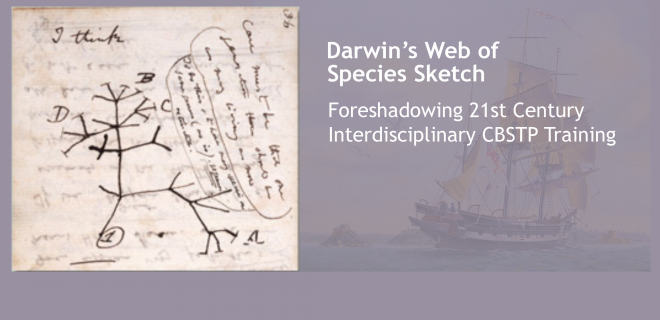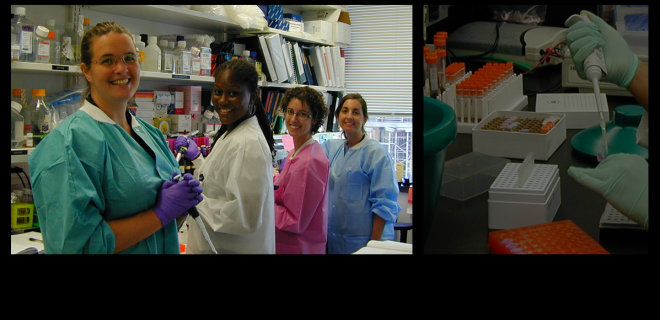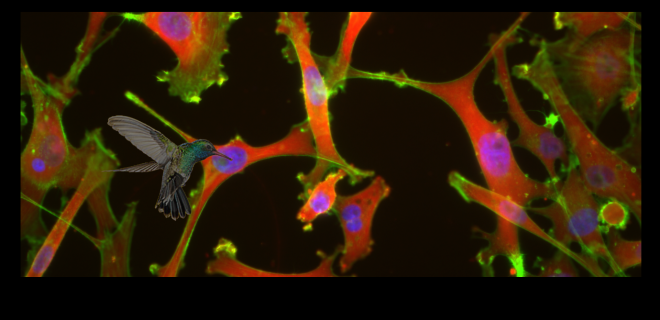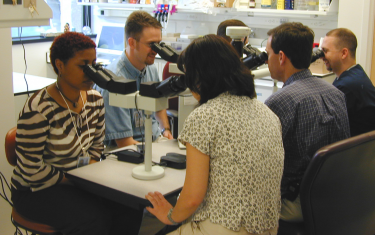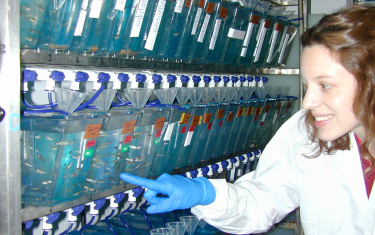Amy McCalla, D.V.M., Ph.D.
Dr. McCalla-Martin was a graduate scholar in the NIH Comparative Biomedical Scientist Training Program in partnership with North Carolina State University and the National Cancer Institute, July 2010 - 2019.
Dr. McCalla-Martin received her BS in Microbiology and Molecular Cell Sciences from The University of Memphis in 2001. Following this degree she was a member of Dr. Stephen Skapek’s lab at St. Jude Children’s Research Hospital until 2004. During this time she developed two Arf transgenic mouse models as well as an Arf null knock-out mouse model. She coauthored four publications with the Skapek lab and was the primary author on an additional publication. Research undertaken in this lab examined the role of p19Arf in vascular remodeling and development of the disease persistent hyperplastic primary vitreous.
In 2005, Dr. McCalla-Martin joined Dr. Jorge Piedrahita’s lab at North Carolina State University. She coauthored two publications with this lab on research involving porcine microarray systems and the correlation between intrauterine growth restriction and somatic cell nuclear transfer techniques in swine. In January of 2010, she was primary author on a publication through this lab which described the Gli2 transgenic pig.
Dr. McCalla-Martin began the DVM program at NCSU in the fall of 2006. During her DVM program she continued to work with the Skapek and Piedrahita labs and presented research from both labs at the annual ACVP conferences in 2007 and 2008. She entered the NCI molecular pathology GPP in partnership with North Carolina State University and the National Cancer Institute in July 2010. With her initial diagnostic pathology and pre-dissertation research training at the NCSU completed in 2012, she relocated to Bethesda, MD to begin her dissertation research at the National Cancer Institute, under the direction of Lee Helman, M.D. and Natasha Caplan, Ph.D. Her research focused on identification of molecular targets in Ewing's sarcoma and development of a mouse model.





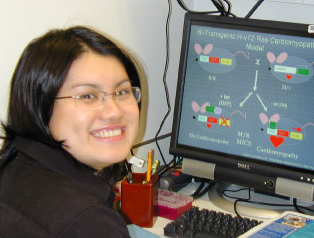 The Summer Internship Program in Biomedical Research (SIPBR) For Veterinary Medical Students
The Summer Internship Program in Biomedical Research (SIPBR) For Veterinary Medical Students